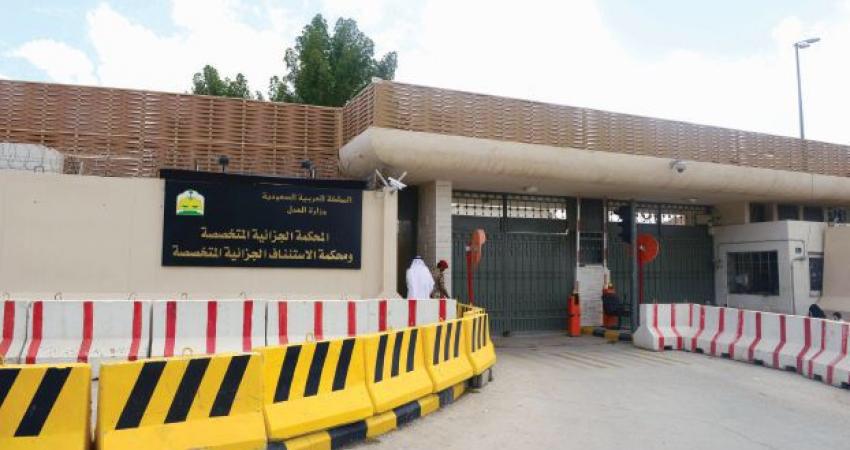
Saudi Arabia’s public prosecutor announced on March 1 that it had completed its investigations and compiled a bill of particularsagainst several people arrested by the Presidency of State Security. It claimed they had been detained over coordinated, organised actions to undermine the security and social peace of the Kingdom and damage the fabric of the nation. It said the announcement was further to a statement released on July 1, 2018, adding that it was referring the detainees to the Specialized Criminal Court. It claimed that all those detained in connection to the case enjoyed their full legal rights.
Over three consecutive months in 2018, the Saudi government waged a vicious campaign of arrests, detaining several women who have spearheaded the campaign for women’s rights, particularly the right to drive, as well as other women’s rightsadvocates. This began in May 2018 with the detention of women’s rights activists Loujain al-Hathloul, Eman Al-Nafjan and Aziza al-Yousef. In June, it arrested Nouf Bint Abdulaziz and Mayaa Al-Zahrani, followed by in July by Nasima al-Sada and Samar Badawi, all rights advocates. It arrested several other women and men over the same period, later releasing some of them, without announcing the conditions of their release and whether it was temporary or they would later face trial.
على النقيض التام مما أكدته النيابة العامة في بيانها، بـ “أن كافة الموقوفين على ذمة هذه القضية يتمتعون بكافة حقوقهم التي كفلها لهم النظام”، سحقت السعودية بشكل بشع كافة الحقوق الأساسية للمتهمين.
At the time of their arbitrary arrest, official media outlets attacked the detainees, accusing them of being “traitors” and agents of foreign embassies, in total contempt of their basic right to be assumed innocent until proven guilty. After their detention, they were placed for varying periods in solitary confinement and denied contact with the outside world, as well as being deprived of the right to seek legal representation or to have an attorney present during interrogations.
On top of these clear abuses, there are credible testimonies and statements from family alleging that the detainees have been whipped, tortured, sexually abused and given electric shocks. Walid Hathloul, brother of Loujain, made those allegations in an article, saying the activist had received continual lashes, beating, and electric shocks. Loujain’s sister Alia wrote that there were burn marks on Loujain’s breasts, further evidence of brutal torture.
Senior ESOHR sources said on February 8 that Saudi detectives had placed the prominent rights activist Nasima al-Sada in solitary confinement again. It was not possible to find out why, or whether she remains there or not.
Before the rights advocates are referred to court, the ESOHR wishes to affirm the following, noting the human rights situation in Saudi Arabia and the trials that have taken place at the Specialized Criminal Court:
- The Specialized Criminal Court in Riyadh will not give detainees a fair trial, due to major shortcomings in the judicial system and its lack of independence.
- The judges are likely to absolve investigators who have tortured the detainees, justifying this with extreme statements by religious figures and hardline interpretations of religious texts.
- The judges will use statements extracted under physical and psychological torture to condemn the victims, arguing that such statements are legally admissible.
- The detainees will be allowed legal representation only after they have received bills of particulars. This will be largely useless, because the judges at the Specialized Criminal Court will rely on statements extracted under torture, and the legal representation will be largely symbolic.
The ESOHR believes that the trials of human rights advocates and activists will be no different from the established pattern of trials at the Specialized Criminal Court, which focus on condemning victims on the basis of statements extracted under torture and coercion, while they are denied contact with the outside world and the right to legal representation. It emphasizes the need to exert pressure in this regard, via media, diplomatic and legal channels, on Saudi Crown Prince Mohammad bin Salman, who has the broadest powers and greatest influence in the country, while the judiciary lacks independence.
